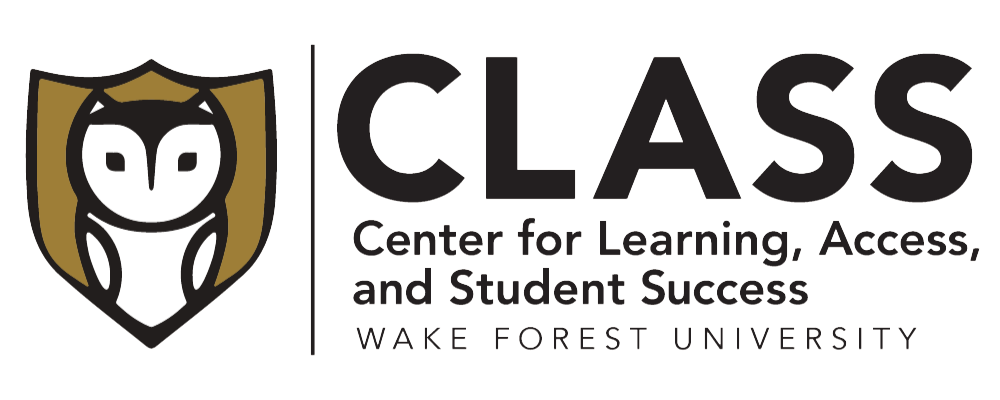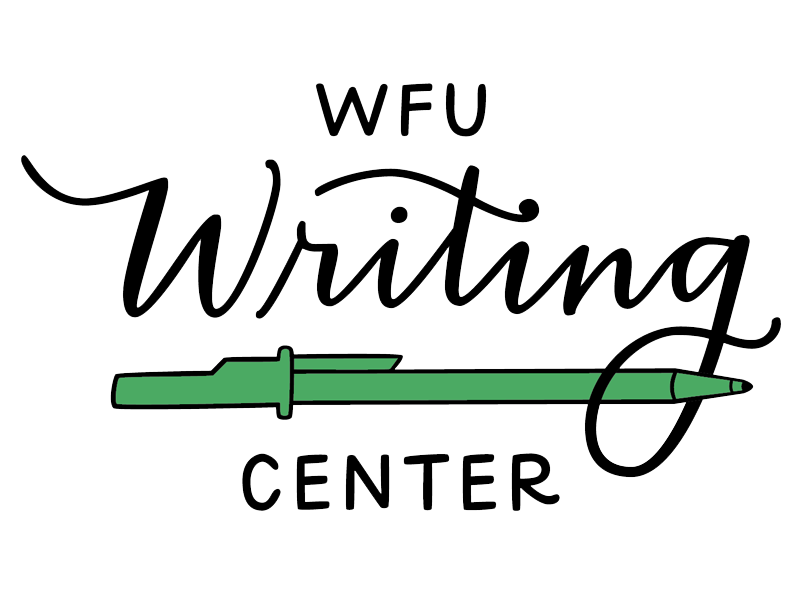Calendar
December 2025 ›
SMTWTFS
- Mon 12/17:30AM – 1AM
- Tue 12/27:30AM – 1AM
- Wed 12/37:30AM – 1AM
- Thu 12/47:30AM – 1AM
- Fri 12/56AM – 1AM
- Sat 12/66AM – 1AM
- Sun 12/76AM – 1AM
- Mon 12/86AM – 5PM
- Tue 12/98AM – 1AM
- Wed 12/106AM – 1AM
- Thu 12/116AM – 1AM
- Fri 12/126AM – 9PM
- 6AM – 7PM
- CLOSED
- 8AM – 5PM– Fields of Fortune: North Carolina’s Legacy in Leaf and Labor ZSR Library, Special Collections & Archives Research Room (Room 625)
- 8AM – 5PM
- 8AM – 5PM
- 8AM – 5PM
- 8AM – 3PM
- CLOSED
- CLOSED
- CLOSED
- CLOSED
- CLOSED
- CLOSED
- CLOSED
- CLOSED
- CLOSED
- CLOSED
- CLOSED
- CLOSED
Campus Partners in ZSR
- Monday – Thursday
- 8AM – 9PM
- Friday
- 8AM – 5PM
- Saturday
- 12PM – 5PM
- Sunday
- 11AM – 8PM
Get technology help at The Bridge on Level 2 in ZSR
- Monday – Friday
- 10AM – 5PM
- Sunday – Thursday
- 7PM – 10PM
Get writing help at The Writing Center on Level 4 in ZSR



